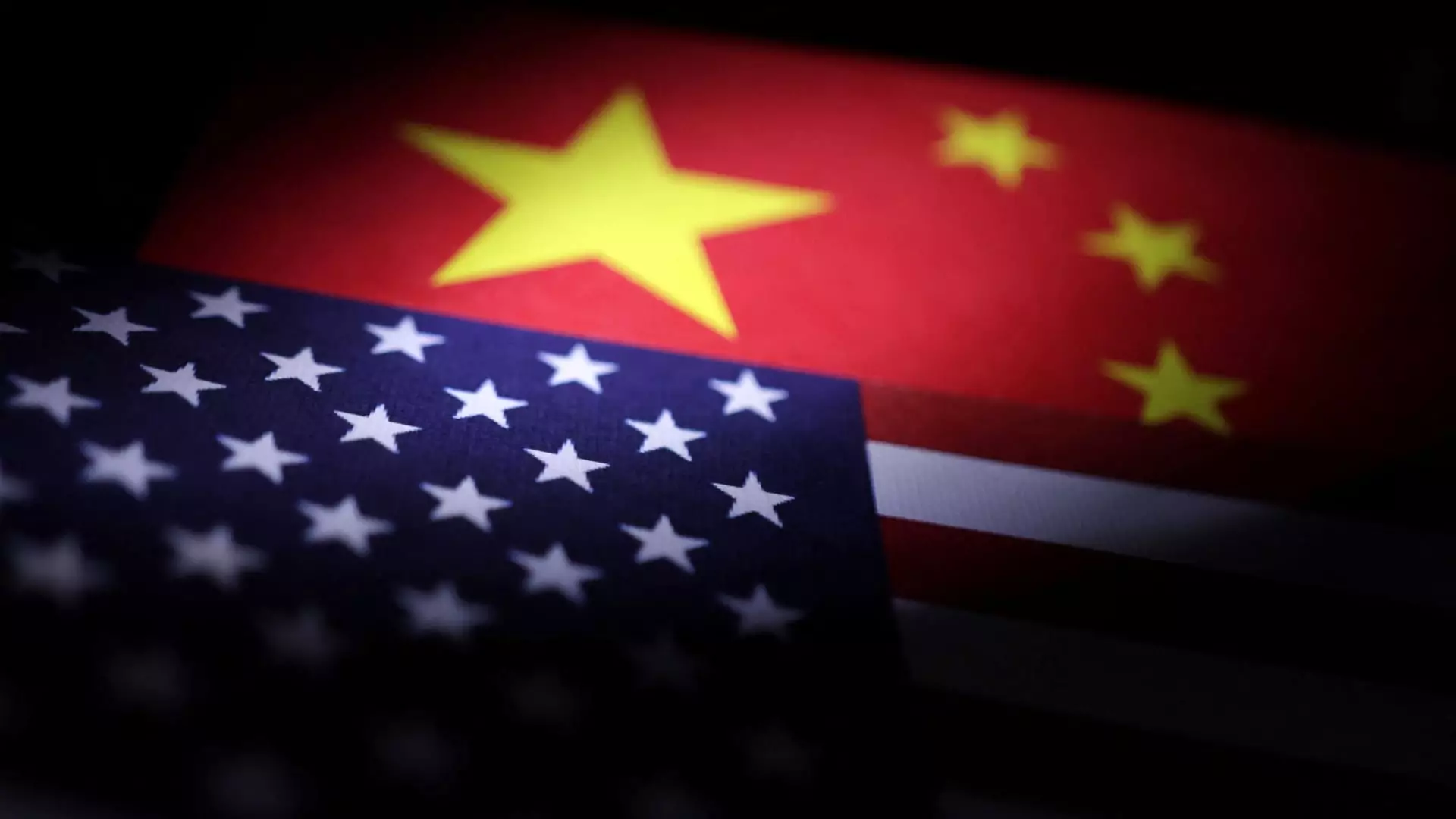In recent months, the escalating trade war between the United States and China has reached new heights, eliciting strong reactions from Beijing. On Monday, the Chinese government clearly articulated its stance against any nation collaborating with the U.S. in ways that jeopardize Chinese interests. This is more than mere diplomacy; it echoes a broader concern regarding the impact of U.S. trade policies on global relations. As the U.S. administration employs tariffs as a strategic weapon to reshape international trade norms, China’s defensive posture suggests that the stakes in this conflict have transcended bilateral relations and are now influencing global economic dynamics.
Unpacking China’s Warning
China’s Ministry of Commerce delivered a stark message: any compromise of its interests due to alliances formed under U.S. pressure will be met with resolute retaliation. This is not merely a warning; it signifies that Beijing is prepared to engage in an aggressive counter-offensive should its economic sovereignty be threatened. The language used is powerful: “law of the jungle” reflects a grim outlook on the future of international trade, indicating that China perceives a shift towards survival of the fittest rather than equitable trade practices. By positioning itself as a defender of “international fairness and justice,” China is attempting to frame its actions as rational responses to what it sees as unilateral aggression from the U.S.
Shifting Alliances and Economic Strategies
In this current landscape, it becomes evident that China is not simply biding its time. The country is actively seeking to strengthen its ties within Southeast Asia, which now serves as its primary trading partner regionally. The implications of this shift are profound, as it suggests that China is crafting a network of alliances at a time when its relations with the U.S. are strained. Additionally, the recent replacement of China’s top international trade negotiator demonstrates a concerted effort to recalibrate its approach in light of ongoing tariffs and restrictions—they are not just reactive but are actively shaping their long-term strategy in response to American policies.
The Impact of Tariffs and Countermeasures
The imposition of hefty tariffs by the U.S., including a staggering 145% on select Chinese goods, has prompted China to retaliate with aggressive countermeasures, like raising tariffs on U.S. imports to 125%. This punitive cycle threatens to spiral into an extensive economic entanglement that could stymie global growth. Additionally, the restriction on critical mineral exports signals that China is willing to use its economic levers strategically. The implications of these policies could alter global supply chains and redefine the landscape of international cooperation and competition.
The Global Ramifications
Analysts have raised concerns about the long-term effects of this trade conflict, emphasizing the potential risks posed to allied nations dragged into the crossfire between the U.S. and China. With President Trump asserting expectations for a swift deal, the reality suggests a deepening chasm rather than a pathway to agreement. This trade war is not isolated; it has the potential to reshape international trade norms, forcing countries to choose sides in a complex web of economic relationships that could have repercussions for years to come. China’s diplomatic efforts to rally regional allies against U.S. tariffs and unilateral actions further indicate that the battle for economic dominance is far from over.
Thus, China finds itself at a critical juncture, navigating a challenging terrain filled with shifting alliances, retaliatory tariffs, and a commitment to defend its interests on the global stage. This evolving situation demands keen attention, as its outcomes will likely reverberate across economic landscapes worldwide.

